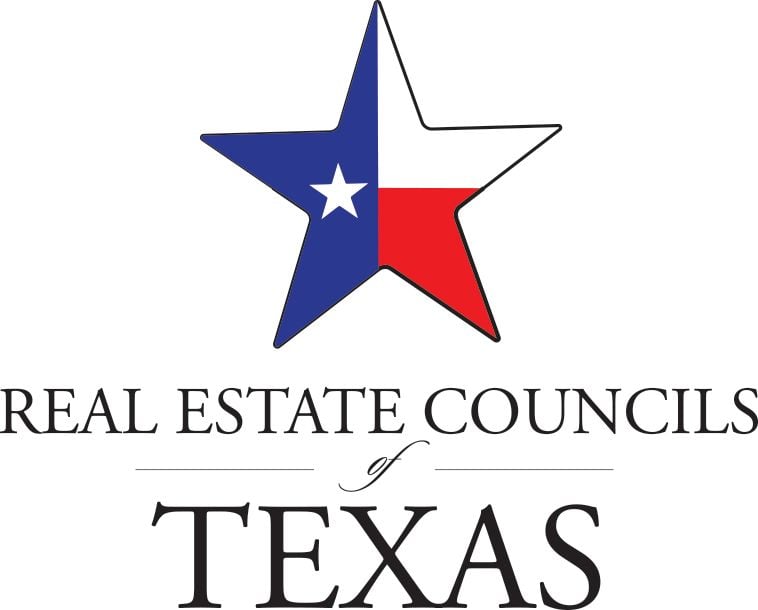A Unified Voice for the Commercial Real Estate Industry
2023 STATEMENT ON LEGISLATIVE PRIORITIES
The Real Estate Councils of Texas is a statewide coalition formed to monitor and advocate on legislative issues that impact the commercial real estate development industry. The commercial real estate industry generates more than $270.6 billion in total economic activity and $3.8 billion in state tax revenue. The industry directly employs more than 750,000 Texans.
Our state population is increasing, and as the 88th Texas Legislature convenes, RECsTX will be paying attention to issues that impede the growth of the development industry and our ability to build the infrastructure to support our growing state.
Our member organizations represent a broad cross-section of the real estate industry including accountants, appraisers, architects, asset managers, attorneys, investment bankers, brokers, builders, designers, developers, engineers, planners, title and finance professionals and more. Click here to download the 2023 Legislative Priorities.
Our state population is increasing, and as the 88th Texas Legislature convenes, RECsTX will be paying attention to issues that impede the growth of the development industry and our ability to build the infrastructure to support our growing state.
Our member organizations represent a broad cross-section of the real estate industry including accountants, appraisers, architects, asset managers, attorneys, investment bankers, brokers, builders, designers, developers, engineers, planners, title and finance professionals and more. Click here to download the 2023 Legislative Priorities.
AFFORDABILITY
The cost of real estate, especially housing, has been a priority issue for all Texans with costs skyrocketing in the last five years. The Texas Legislature should ensure predictability within the development process, eliminate unnecessary regulations, and ensure fees for development are reasonable, all of which will encourage the development of diverse housing options at various price points for all Texans.
ECONOMIC DEVELOPMENT AND RESPONSIBLE GROWTH
Commercial real estate development is a leading industry for growth in Texas. The Texas Legislature should not impose undue regulations that inhibit growth and should encourage tools that stimulate the economy and promote responsible and sustainable development such as:
- Tax Increment Financing and Public Improvement Districts
- Programs that encourage the use of green building technology and provide tools for retrofitting existing infrastructure
- Public/private partnerships
- Tax abatements
- Encouraging water preservation
- Development agreements
INFRASTRUCTURE
The availability of water and power and the movement of people and goods throughout our state are essential to a growing economy that provides job opportunities for Texans. The state’s growing population means more demand for water and power, wear and tear on roads, and traffic congestion. Transportation infrastructure is especially critical to maintaining our economy and our quality of life. Federal, state and local funding sources required to build and maintain our transportation system are inadequate, rapidly eroding in availability, and politically at risk. Policymakers should explore new, sustainable, and long-term transportation funding solutions and ensure current transportation revenues are appropriately allocated.
PROTECTION OF PRIVATE PROPERTY RIGHTS
Texans expect the Legislature to strike a fair balance between the rights of private property owners and governmental entities. The Texas Legislature must protect landowners from unduly burdensome local development requirements that reduce the value of the landowner’s property. The legislature must also preserve existing protections such as Chapter 245 of the Texas Local Government Code (Vested Rights) and the Private Real Property Rights Preservation Act (PRPRPA).
TAX POLICY
A level playing field is critical for the commercial real estate industry to continue to meet the demands of our growing state. A moderate, balanced and stable tax structure contributes to the positive business climate necessary for Texas to compete in a world economy. Texas law should continue to require appraisal districts to assess property values on an equal and uniform basis, ensuring similar properties are valued in a similar manner. Any legislation revising the Texas franchise tax should include language to correct a basic inequity that taxes pass-through funds held in escrow by commercial landlords.
